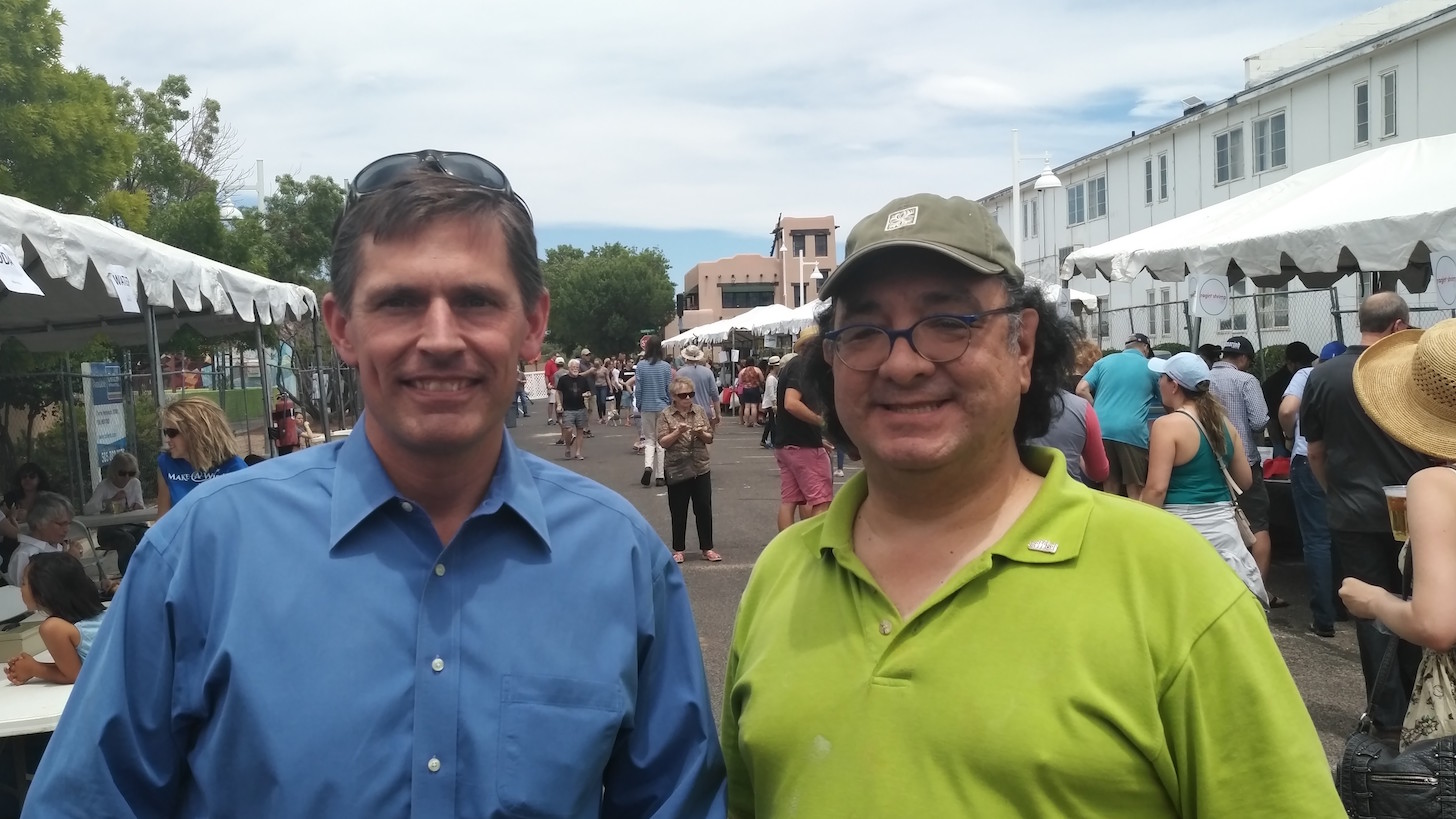News Interview
Senator Flies Home For Nob Hill Event, Meets With Alibi


Latest Article|September 3, 2020|Free
::Making Grown Men Cry Since 1992



